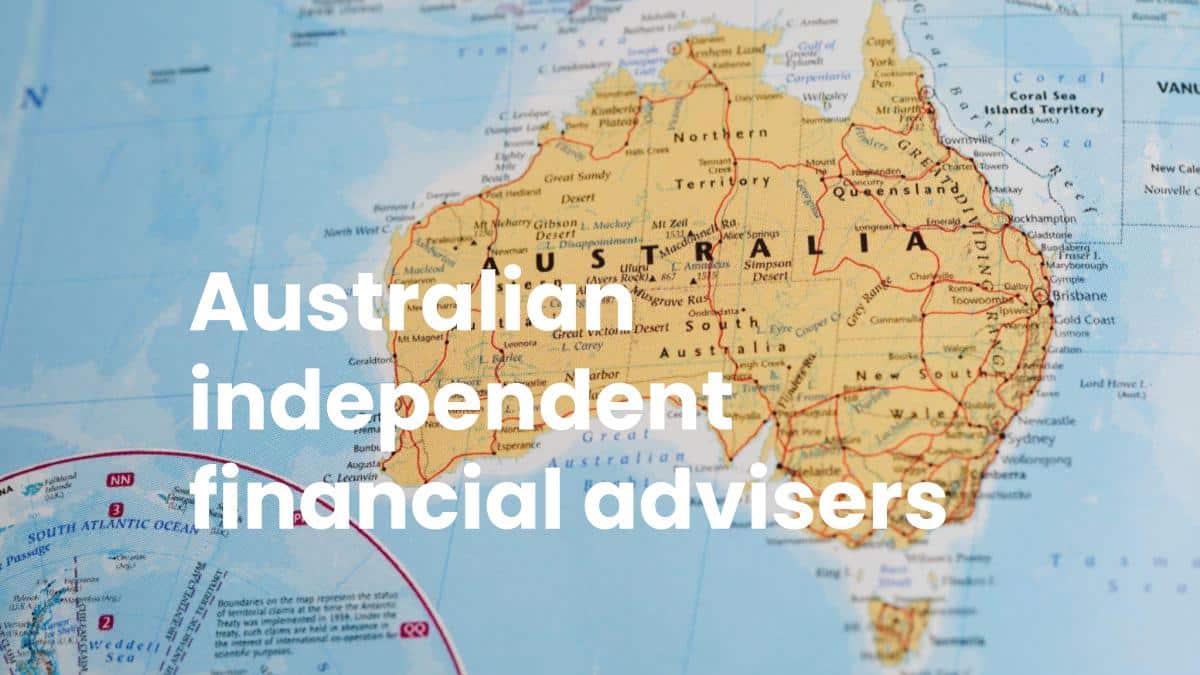Seeking financial advice
Australians are generally reluctant to seek professional financial advice, despite the financial landscape (including the retirement system) becoming increasingly complex. The right financial advice can help you to get the most out of your superannuation.
Advice doesn’t have to be expensive, particularly if you have simple needs. Your super fund may even be able to offer you the help you require.
It’s important to know whether any financial advice you receive is independent or not. Advisers are legally required to provide you with a financial services guide that will let you know this information. Independent financial advice can be broadly defined as advice that is impartial or unbiased. It is provided without any potential for a conflict of interest.
The resources here explain the value of advice, how to access it, and what to avoid.
Understanding the value, and cost, of financial advice
How to access quality financial advice
Here’s how to avoid poor advice that can cost a lot more than money
When you’re ready to talk to an independent financial adviser, refer to our guides for each state

Try our step-by-step guides
It’s always easier to make progress when there are simple steps you can follow. Our step-by-step guides will give you clarity over what you can do to transform your super, as well as plan, prepare for and start retirement.




















